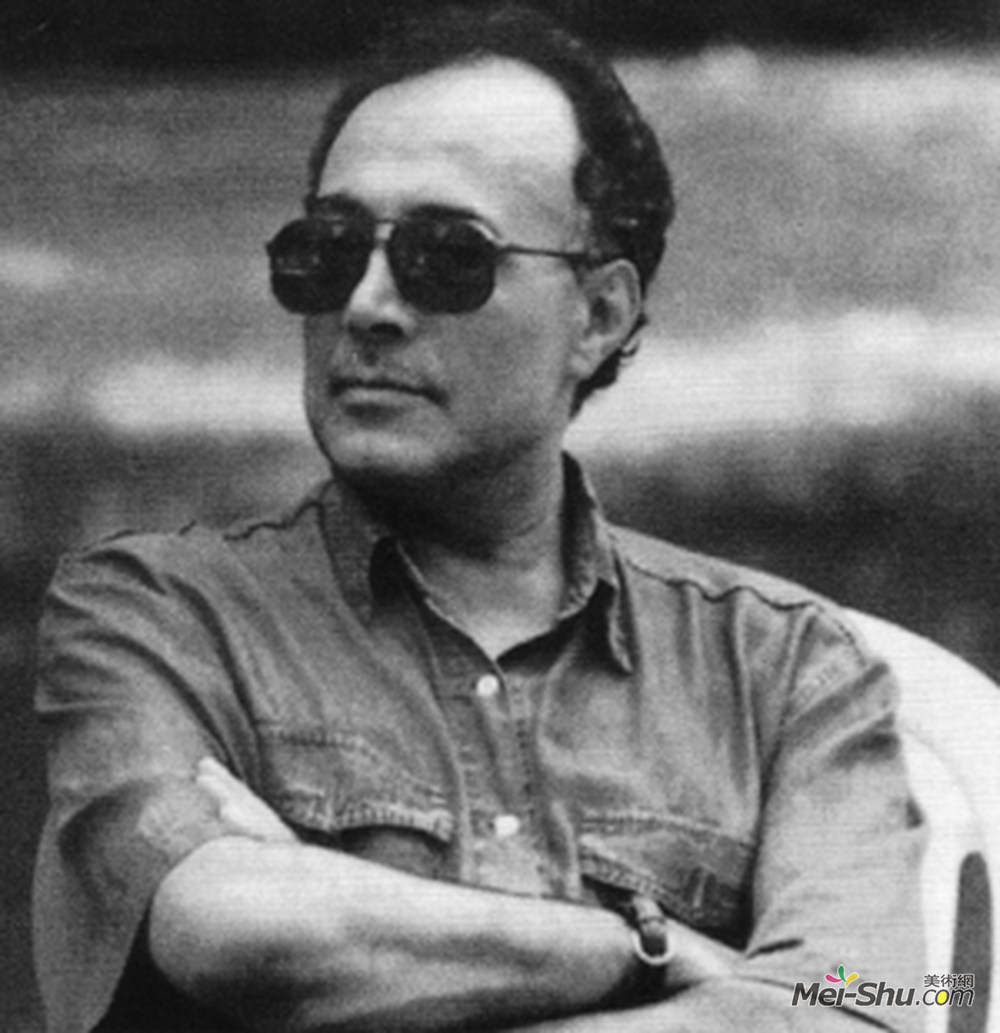
阿巴斯基亚罗斯塔米(Abbas Kiarostami)
艺术家: 阿巴斯基亚罗斯塔米
生于: 1940年6月22日;Teheran,伊朗,伊斯兰共和国
卒于: 2016年7月04日;法国巴黎
国籍: 伊朗
流派: 当代艺术
领域: 绘画,安装,图像,摄影
阿巴斯·基亚罗斯塔米是伊朗电影导演、编剧、摄影师和电影制片人。现年1970岁的电影制片人Kiarostami曾参与过四十多部电影,包括短裤和纪录片。Kiarostami因导演柯克三部曲(1987-94)、特写(1990)、樱桃味(1997)以及《风将载着我们》(1999)而获得评论界的好评。在他后来的作品《认证拷贝》(2010)和《恋爱中的人》(2012)中,他首次在伊朗境外拍摄:分别在意大利和日本。
Kiarostami曾广泛地担任编剧、电影编辑、艺术导演和制片人,并设计了信用头衔和宣传材料。他还是诗人、摄影师、画家、插画家和平面设计师。Kiarostami以利用儿童主角、纪录片式的叙事片、乡村故事以及车内对话、固定式安装而闻名。照相机。他在他的电影的对话、标题和主题中也使用波斯诗歌。Kiarostami'的电影包含着明显的模糊度,一种不寻常的简单和复杂的混合,并且常常是虚构和纪实元素的混合。变化和连续性的概念,除了生与死的主题,在Kiarostami'的作品中扮演着重要的角色。Artist :Abbas Kiarostami
Additional Name :عباس کیارستمی
Born : Teheran, Iran, Islamic Republic of
Died : Paris, France
Nationality :Iranian
Art Movement :Contemporary
Field :painting,installation,graphics,photography
Abbas Kiarostami was an Iranian film director, screenwriter, photographer and film producer. An active film-maker from 1970, Kiarostami had been involved in over forty films, including shorts and documentaries. Kiarostami attained critical acclaim for directing the Koker trilogy (1987–94), Close-Up (1990), Taste of Cherry (1997) – which was awarded the Palme d'Or at the Cannes Film Festival that year – and The Wind Will Carry Us (1999). In his later works, Certified Copy (2010) and Like Someone in Love (2012), he filmed for the first time outside Iran: in Italy and Japan, respectively.
Kiarostami had worked extensively as a screenwriter, film editor, art director and producer and had designed credit titles and publicity material. He was also a poet, photographer, painter, illustrator, and graphic designer.Kiarostami had a reputation for using child protagonists, for documentary-style narrative films, for stories that take place in rural villages, and for conversations that unfold inside cars, using stationary mounted cameras. He is also known for his use of Persian poetry in the dialogue, titles, and themes of his films. Kiarostami's films contain a notable degree of ambiguity, an unusual mixture of simplicity and complexity, and often a mix of fictional and documentary elements. The concepts of change and continuity, in addition to the themes of life and death, play a major role in Kiarostami's works.